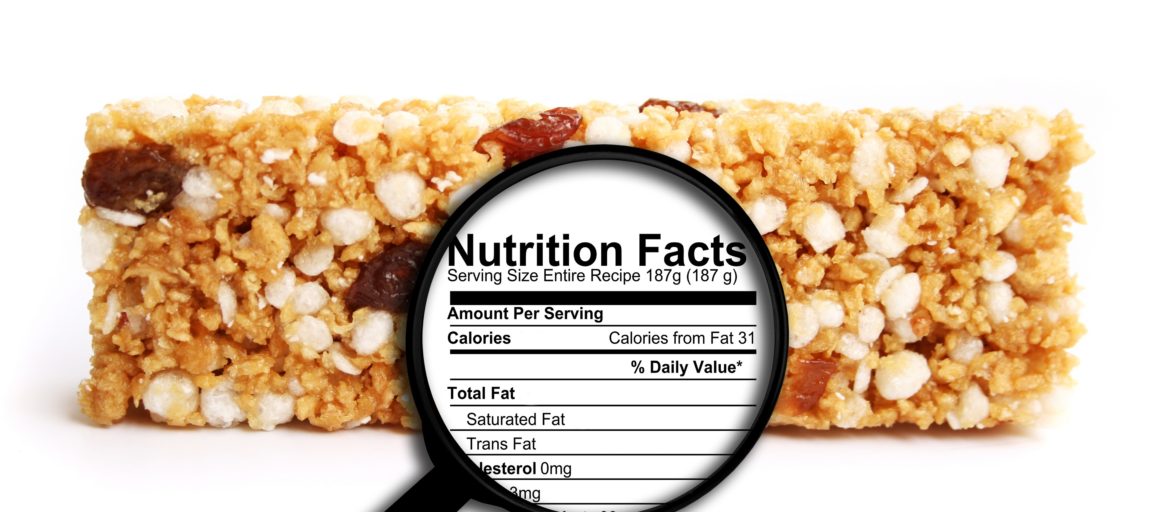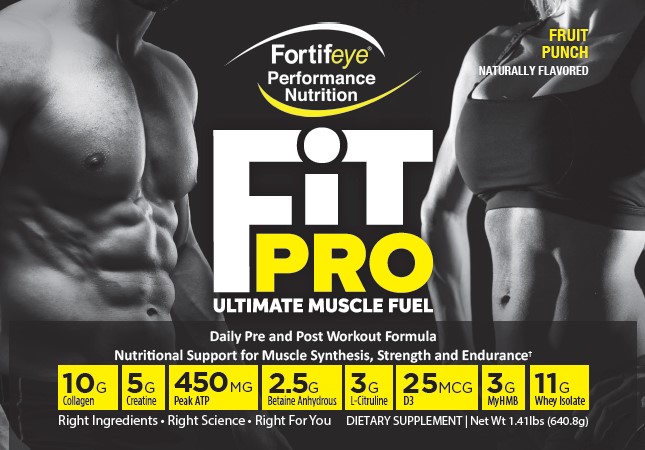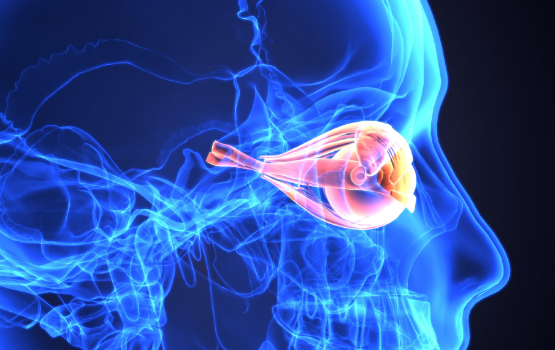Dr. Michael Lange says Nuts and Seeds are not all created equal
Written by Dr Michael Lange on February 19, 2020
Most of us have always thought and been taught that consuming nuts and seeds is very healthy. Nuts and seeds may not be as healthy as once thought and actually may have a negative impact on our health. I am an optometric physician as well as a certified nutrition specialist at The Lange Eye Institute and I know that if I improve my patients overall health I am improving their visual health as well. I also host a talk show called “Ask the Dr” that is heard over multiple radio waves and is live video streaming all over social media since April of 1993. I have many loyal global listeners that tune in weekly to listen to Dr Michael Lange to learn the latest in nutrition that will help their eyes and total body. For this reason I have to be up on all of the latest in eye care and nutrition so I can give some valuable information that will benefit my patients, viewers and listeners.
Many of you may be overweight , bloated , have digestive issues and have difficulty loosing weight no matter what you try and you have been led to believe that a healthy food to help in your weight loss is nuts and seeds. Many people are told to cut back on the saturated fat in animal protein and add more poly unsaturated fatty acids ( PUFA) via nuts and seeds. Well this may be pretty far from the truth for the majority of nuts and seeds. I think it is fine to eat a handful of just about any nuts and seeds a few times a week and you will be fine. However any more than that may be unhealthy. Nuts and seeds are high in PUFA, Lectins, Oxalates, Phytic Acid ,omega 6 and some other anti nutrients.
PUFA are basically broken down into omega 6 and omega 3 and most nuts and seeds have a very high PUFA with the majority being the pro inflammatory omega 6. PUFA are very unstable and oxidize very easily. When these oxidize inflammation occurs that becomes toxic to the cells and DNA. Most Americans have a diet that is way too high in these pro inflammatory omega 6 PUFAs and are only adding fuel to the fire when consuming more nuts and seeds. There are only four nuts that are relatively low in PUFA and omega 6. These four nuts are Chestnuts, Macadamia nuts, Cashews and Hazel Nuts. There Are two seeds that are high in PUFA but low in omega six and these are Chia Seeds and Flax Seeds. However both of theses seeds are high in phytoestrogen and can mess with hormonal balance so I recommend only eating them rarely.
Nuts and seeds are also high in an anti nutrients called phytic acid lectins. Lectins are part of a complex plant defense mechanism to keep them from being eaten by insects and animals. Lectins are a sticky protein that will stick to the intestinal lining and create inflammation and can lead to leaky gut syndrome. Lectins are also associated with insulin resistance and metabolic syndrome. Almonds, cashews, pine nuts, hazelnuts, sunflower seeds and sesame seeds are all high in lectins. Coconut, chestnut, macadamia , pecans, pistachios, walnuts, flax, hemp, pumpkin and chia are low in lectins.
Phytic Acid is naturally found in different levels in plants and is considered an anti nutrient since it binds with many minerals and decreases absorption. Phytic acid mainly decreases absorption of calcium, zinc , magnesium, chromium manganese and iron. The nuts and seeds with the lowest levels of phytic acid are Chestnuts, Macadamia, Pistachios and coconut. Both lectin and phytic acid content can be reduced by soaking the nuts over night in water with some added lemon juice or vinegar. Another way to reduce both lectin and phytic acid is buying sprouted nuts or seeds.
Nuts and seeds are also relatively high in oxalates. Oxalates are a natural substance that bind to calcium and then are usually excreted in the stool. If oxalate is not bound to calcium and there is not enough liquid in the urine then kidney stones will form. Almonds, pine nuts and sesame seeds are very high in oxalates. Cashews, Hazelnuts and Pecans are also high in oxalates. People can reduce the potential harm of oxalates avoiding the foods high in oxalates, taking a good probiotic and drinking plenty of water.
In summary as you can clearly see now that all nuts and seeds are not created equal. Dr Michael Lange recommends minimizing your intake of the majority nuts and seeds to a small handful once or twice a week. However I do think macadamia nuts and chestnuts can be consumed more frequently. If you do want to consume any nuts and seeds other than the two I recommend then soak them over night or buy sprouted, this process will reduce the lectins, phytic acid and oxalates but will not impact the PUFA and omega six. Try to cut back on your nuts and seed consumption and see how you feel. Eat healthy and be Healthy.
Dr Michael Lange




